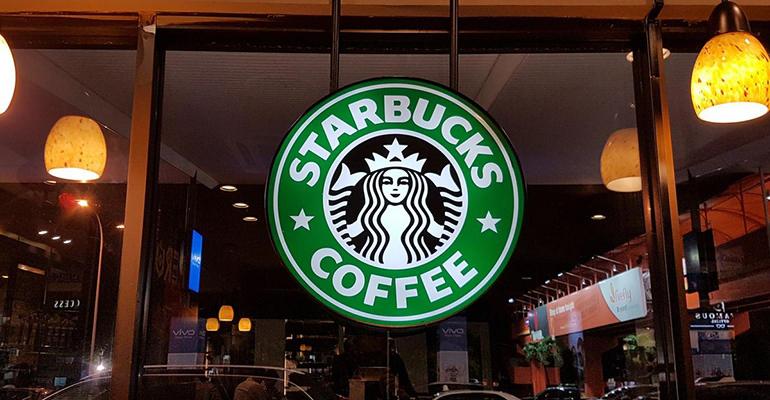Following SBWorkers United’s union victory in Buffalo, N.Y., four more stores have filed for unionization with the National Labor Relations Board over the last two weeks: a Seattle location on Dec. 20; a Knoxville, Tenn. Store on Dec. 27; a Broomfield, Colo. store on Dec. 30; and a Chicago location became the first of the new year to file for unionization on Jan. 3. As the Midwest joins the fray, the number of Starbucks’ operational regions following in Buffalo’s footprints grows.
“We are forming a union to be present in and connected to our experience as partners, the Dec. 20 letter from Starbucks Seattle workers trying to unionize to CEO Kevin Johnson said. “[…] We do not see our desire to organize as a reaction to specific policies, events or changes but rather as a commitment to growing the company and the quality of our work.”
Similar letters were sent from organizing workers in Knoxville, Chicago, and Broomfield, Colo. where many employees also have had to deal with the recent Denver-area fires that have been destroying hundreds of homes.
These petitions for unionization follow a contentious election in December at three Buffalo, N.Y.-area stores where one location voted in favor of unionizing and became the only current unionized Starbucks store in the country, one voted against unionization and the results of the third store’s election remain up in the air as multiple votes are being contested.
Previous Starbucks unionization attempts in Philadelphia and New York City have been fought off by the company, often resulting in illegal terminations and subsequent lawsuits. Workers successfully unionized at a store in Canada earlier this year.
Knoxville Starbucks workers were inspired by the success of the Buffalo-area Starbucks — despite the company's alleged union-busting tactics — which will soon begin negotiating its union contract with the coffee corporation.
"I do genuinely love my job but there are too many things that I do not have any control over,” Maggie Carter, a leader of the Knoxville union organizing committee said in a statement. “There is no accountability. Everything comes down from corporate and partners have no say. It would be truly nice to have an equitable partnership with this company that I love working for."
SBWorkers United alleges continued union-busting busting tactics at many of the stores that are trying to unionize. In Knoxville, one Starbucks worker tweeted that she met her regional manager for the first time just a few days after the union petition was filed. She detailed that her coworkers were struggling with Christmas rush period while being short-staffed and were unable to divide the Christmas Eve tips among staff working that day.
Starbucks Corporate filed a petition to postpone the unionization election in Knoxville on Jan. 3 because the petition was filed two days before the Christmas holiday and the deadline to follow a response came up too quickly because many corporate employees already had pre-booked vacation. The hearing with the National Labor Relations Board is currently set for Jan. 18, and Starbucks is asking it to be postponed until Jan. 25. Starbucks has not filed a petition to postpone any of the other recent filings.
Nick Kalm, founder and president at Reputation Partners, a national strategic communications firm, believes that each of the stores applying to unionize have a strong chance of being recognized since these are smaller "micro unions" representing 20-25 employees, and as more locations unionize, word will spread and make it easier for others.
"One change this will accelerate will be the one that was already underway towards automation," Kalm said. "Kiosks and automated fryers aren’t going to be signing union authorization cards or demanding raises or better working conditions. Beyond that, it’s going to drive even higher wages and more in the way of benefits across the industry – a trend that was already being felt because of the ongoing staffing shortages that exist.”
Contact Joanna at [email protected]
Find her on Twitter: @JoannaFantozzi





